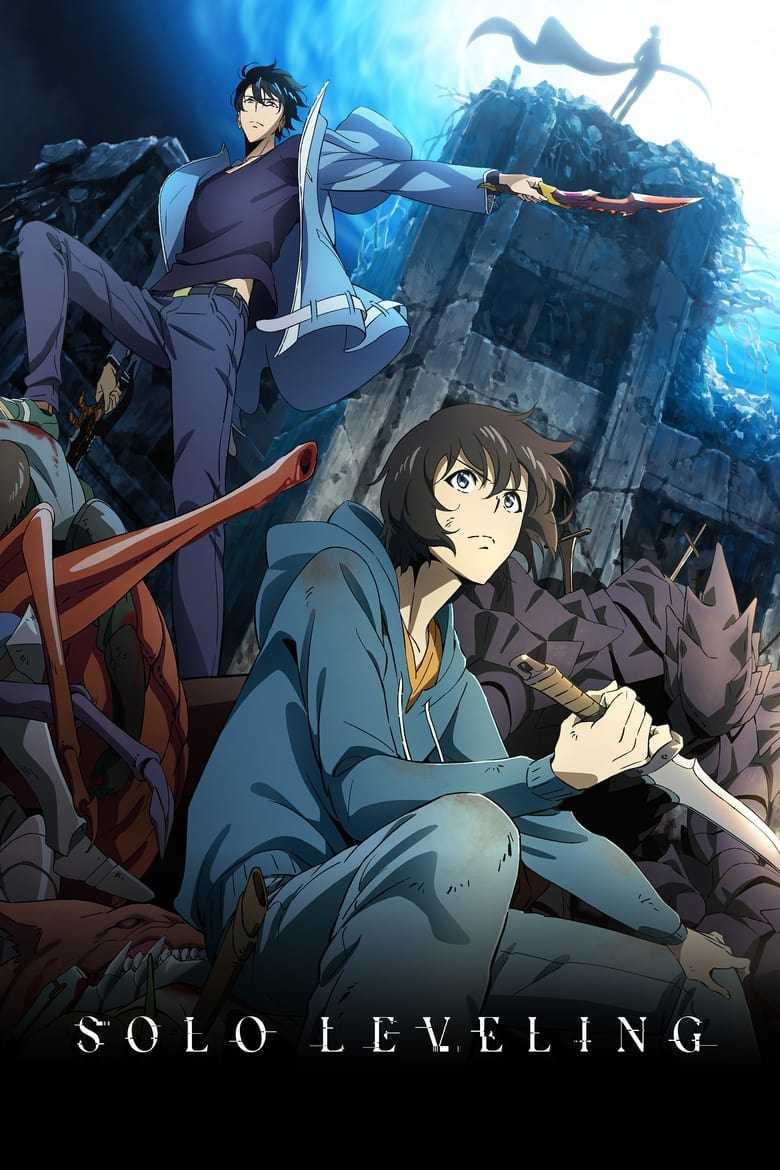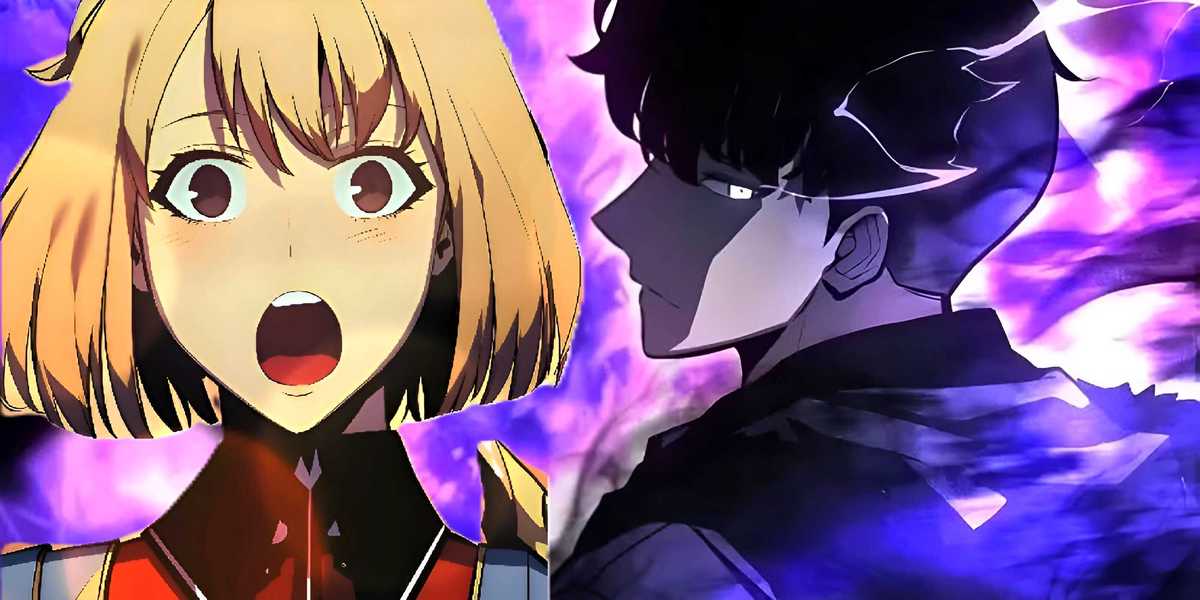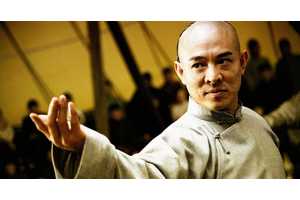Why Does the Solo Leveling Anime Change the Manhwa's Names? It Is Complicated
The anime adaptation of Solo Levelingis a worldwide hit, but not all changes from the original manhwa have been well-received. One big alteration is the complete reworking of character names, with iconic figures like Sung Jinwoo and Cha Hae-In being given entirely new Japanese names for the Japanese airing of the anime. While such modifications might seem like mere localization choices at first glance, there is a deeper, more complicated reason behind them that makes many believe Japan is willingly censoring some aspects of Solo Leveling.
The changed names are just the tip of the iceberg. What might appear to be simple translation issues are in fact the result of historical and political tensions between Japan and Korea. These countries share a contentious past that continues to influence cultural exchanges, including in entertainment. The decision to re-frame the characters in a distinctly Japanese light reflects these ongoing tensions and the sensitivities around the portrayal of national identities. However, these changes are not just about avoiding offense, they also show how anime production companies try to balance global appeal and regional sensitivities.
Original Name | Censored Name |
Sung Jinwoo | Mizushino Shun |
Cha Hae-In | Kousaka Shizuku |
Choi Jong-In | Mogami Shin |
Baek Yoon-Ho | Shirakawa Taiga |
Sung Il-Hwan | Mizushino Jynchiro |
Sung Jin-Ah | Mizushino Aoi |
Woo Jin-Chul | Inukai Akira |
Go Gun-Hee | Goto Kiyoomi |
Park Hee-Jin | Satsuki Imamiya |
Lee Joo-Hee | Eri Kanzuki |
Yoo Soo-Hyun | Morobishi Akina |
Han Song-Yi | Asahina Rin |
Hwang Dong-Soo | Ukyou Masato |
Hwag Dong-Suk | Ukyou Hayato |
Yoo Jin-Ho | Morobishi Kenta |
Yoo Myung-Han | Morobishi Akinari |
Song Chi-Yul | Isao Mabuchi |
Kang Tae-Shik | Yasusei Domon |
Lee Min-Sung | Tomoya Minoru |
Ahn Sang-Min | Shishido Koujiro |
Jung Ye-Rim | Kirishima Rena |
Min Byung-Gyu | Minobe Go |
Kim Chul | Uehara Yuma |
The Cultural Politics Behind the Name Changes in Solo Leveling
The Complex History Between Japan and Korea
The roots of Japan's decision to change Solo Leveling's character names can be traced back to the tense relationship between Japan and Korea, a history marked by Japan’s occupation of Korea from 1910 to 1945. This period left deep scars, leading to lingering resentment on both sides. Even today, these unresolved historical issues shape the way each nation portrays the other in various forms of media. The tensions between the two countries can be seen in the way they represent each other in mass culture, particularly in manga, anime, and films.

I Believe I've Figured Out Where Solo Leveling Season 2 Will Leave Off
Season 2 may conclude with one of the most highly anticipated moments—the rise of Beru.
For instance, in the Solo Leveling webcomic, the Jeju Island arc shows Japanese hunters as selfish, arrogant figures, while the Japanese government is portrayed as weak and submissive. These representations likely struck a nerve within Japan, leading to a lot of censorship in the anime. By relocating the entire plot from South Korea to Japan and changing character names, the anime aims to shift the focus away from this politically sensitive arc. These changes allow the anime to better go along with Japanese national pride, re-framing the story in a way that avoids portraying Japan in a negative light.
Additionally, the changing of character names from Korean to Japanese can be viewed as an attempt to domesticate the anime for Japanese audiences. The use of familiar names, like Mizushino Shun instead of Sung Jinwoo or Kousaka Shizuku instead of Cha Hae-In, helps create a stronger connection to the Japanese viewer, making the characters feel more fitting with Japan. This adjustment shows how national identity and pride can play a role in how the media is adapted for different markets, especially in the context of ongoing political tensions.
The Challenges of Localizing Solo Leveling
Adapting Solo Leveling for Japanese Audiences
While these changes are rooted in a political context, they also show the challenge of localization in the global anime industry. Localization is not just about translating words, it is about adapting a show to meet the cultural expectations and sensitivities of its target audience. In the case of Solo Leveling, this process involved a lot of changes, not only to the setting and character names but also to plot elements, such as the renaming of Jeju Island to Kanan and the creation of a fictional country, DFN, to replace Japan as the antagonist.
The inclusion of these changes is a clear example of how anime studios attempt to make their content palatable for a specific market. While the Korean and international versions of the Solo Leveling anime retain the original names and setting, staying true to the manhwa's vision, the Japanese version went through these alterations to avoid potential backlash. Such localization efforts are common in anime adaptations, but they become especially pronounced when dealing with sensitive historical and cultural issues. For studios, ensuring that the anime resonates with domestic audiences is just as important as maintaining its international appeal.
This kind of change, however, does not come without its drawbacks. For Korean viewers and fans of the original manhwa, the name changes and setting shifts can feel like a betrayal of the source material. What was once a distinct Korean story has been molded into something that feels more familiar and comfortable for Japanese viewers. This cultural modification risks diluting the unique identity that made Solo Leveling so beloved among fans of the manhwa, particularly those who appreciated its South Korean roots and the subtle commentary embedded in the original story.
The History of Censorship in Japanese-Korean Media
Will Anime Ever Be Free from Censorship?
This is not the first time that censorship has shaped an anime adaptation, nor will it be the last. Both Japan and Korea have experienced their share of censorship and self-editing when it comes to how they present each other in the media. In the past, Japan has altered or reworked content in Korean media to make it more palatable to Japanese audiences, and vice versa. These changes are often driven by a desire to maintain social harmony, avoid stirring up nationalistic sentiments, or protect commercial interests in both markets.
The impact of these changes on the anime’s reception remains to be seen, but one thing is clear, and that is that Solo Leveling’s reworked names are a symptom of the complex politics at play behind anime production. They show a broader trend of national interests shaping the way media is consumed and understood across borders, complicating the seemingly simple act of translating a story for a global audience.

Solo Leveling
- Release Date
- 2024 - 2025-00-00
- Network
- Tokyo MX, Gunma TV, BS11, Tochigi TV
- Directors
- Tatsuya Sasaki, Toru Hamasaki
- Writers
- Shigeru Murakoshi, Shingo Irie, Fuka Ishii
Cast
 Taito BanSung Jin-woo
Taito BanSung Jin-woo Genta NakamuraYoo Jin-ho
Genta NakamuraYoo Jin-ho
- Creator(s)
- Chugong











Your comment has not been saved